According to customs data, by the end of last year, fresh coconut exports reached 390 million USD, an increase of 61% over the same period.
In general, coconut products exported nearly 1.1 billion USD, an increase of over 20% compared to 2023. This is the first time in 14 years that coconuts have brought in a turnover of billions of USD for Vietnam.
According to the Ministry of Agriculture and Rural Development, the country currently has 200,000 hectares of coconut, with an annual output of 2 million tons. One-third of the area meets organic standards according to US and European standards, mainly in the Central region and the Mekong Delta. Ben Tre coconuts have been granted geographical indications, with 133 growing area codes and more than 8,300 hectares for export.
With more than 600 manufacturing and processing enterprises, the Vietnamese coconut industry has a competitive advantage in the international market. Vietnam ranks 4th in coconut exports in Asia-Pacific and 5th in the world.
China is the main export market, accounting for 25% of Vietnam's coconut export value. The signing of the Official Import Protocol between the two countries in August 2024 opens up great opportunities for this fruit. Vietnam is currently the third largest coconut supplier to China, with more than 20% market share in this country.
Besides China, thanks to its price advantage and sweet taste, Vietnamese coconuts are popular in many markets such as the EU, US, Canada and Korea.
However, the fruit processing industry is facing a shortage of raw materials. Many factories in Ben Tre have been invested, but the supply of coconuts is still not enough. According to the Vietnam Coconut Association, the price of coconuts once dropped to a record low of VND1,000 per fruit, causing farmers to hesitate to expand their acreage and processing enterprises to operate at a standstill.
Mr. Cao Ba Dang Khoa, General Secretary of the Vietnam Coconut Association, said that many fresh coconut orders could not be exported on time due to lack of packaging codes and unstable raw material areas from the third and fourth quarters of 2024 until now. Raw material prices have been escalating as Thailand, India and the Middle East have increased imports, making it difficult for domestic factories to compete in purchasing. In addition, Chinese processing factories have expanded their operations, pushing up coconut prices. Farmers benefit, but processing enterprises face difficulties.
He suggested that the authorities discuss with China to grant more growing area codes to Vietnam. In addition, the State needs to have a reasonable tax policy to make the coconut industry more competitive.
Also concerned about the decline in "quality and quantity" of raw materials, Mr. Nguyen Van Phuong, Director of Phuong Nam Coconut Company, called on businesses to cooperate in building a sustainable value chain from cultivation, processing to consumption to ensure the long-term development of the coconut industry.
Source


![[Photo] Opening of the 11th Conference of the 13th Party Central Committee](https://vstatic.vietnam.vn/vietnam/resource/IMAGE/2025/4/10/f9e717b67de343d7b687cb419c0829a2)
![[Photo] April Festival in Can Tho City](https://vstatic.vietnam.vn/vietnam/resource/IMAGE/2025/4/10/bf5ae82870e648fabfbcc93a25b481ea)

![[Photo] Unique folk games at Chuong Village Festival](https://vstatic.vietnam.vn/vietnam/resource/IMAGE/2025/4/10/cff805a06fdd443b9474c017f98075a4)


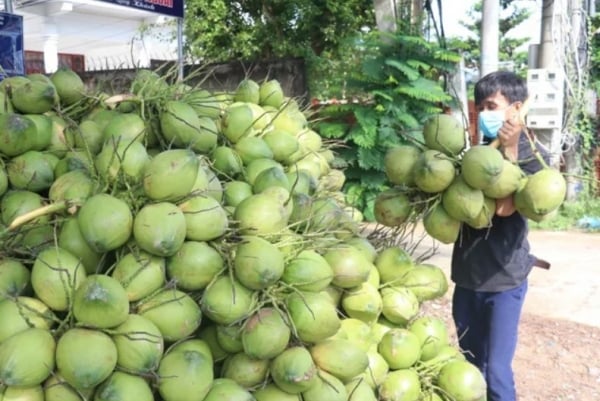

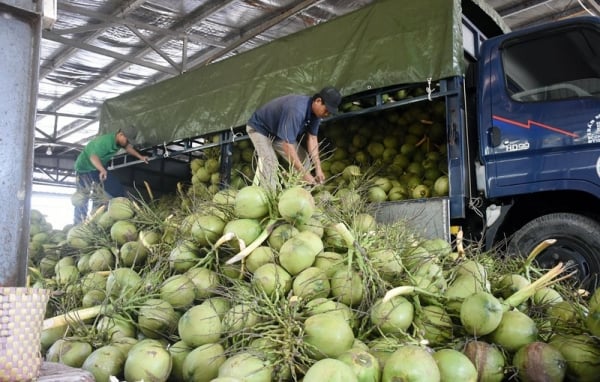
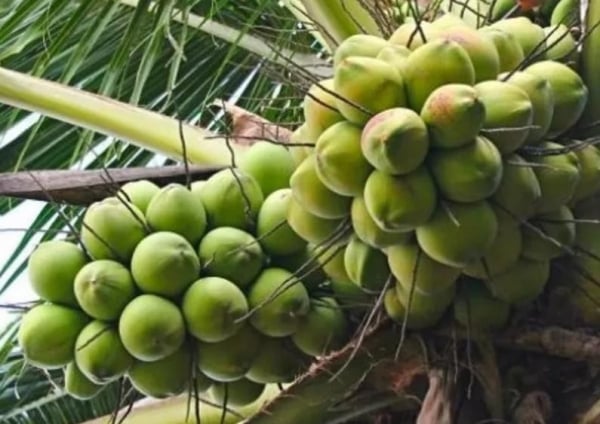
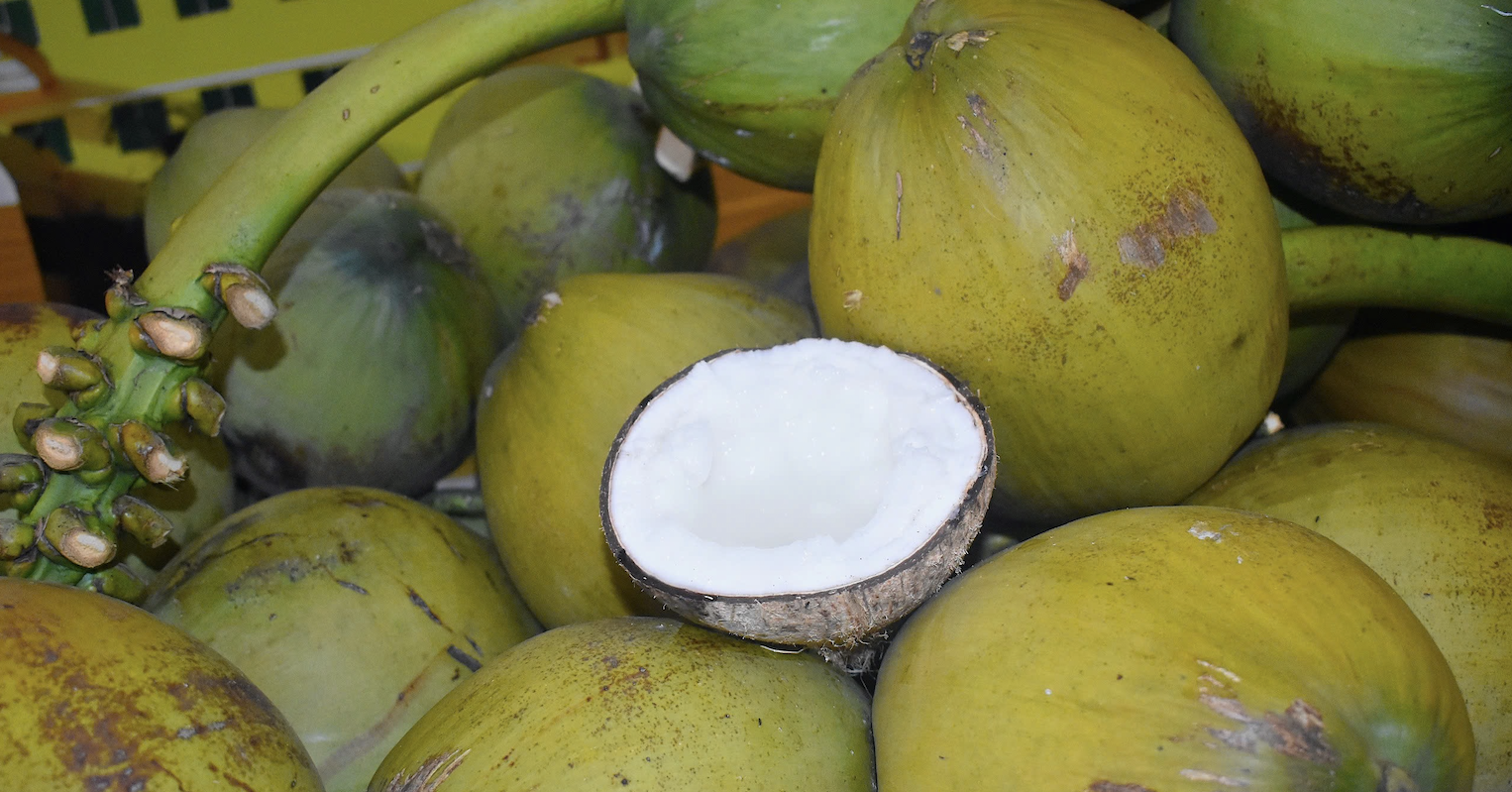

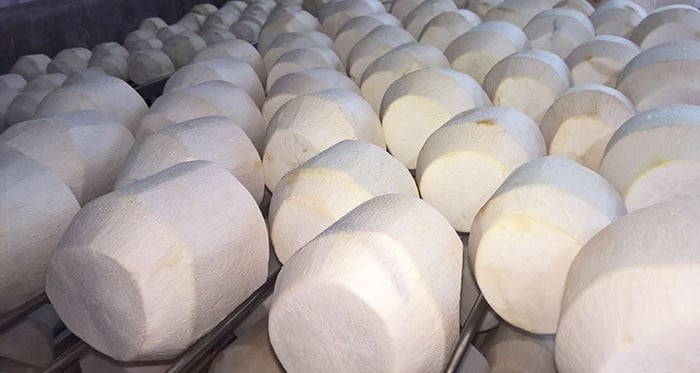
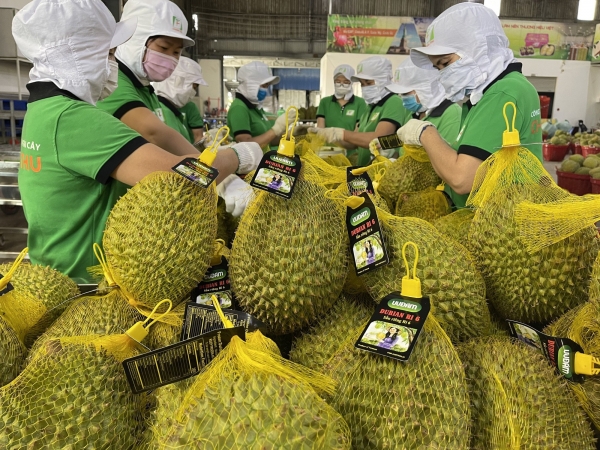











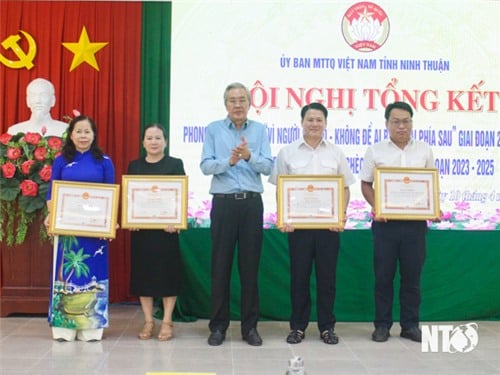

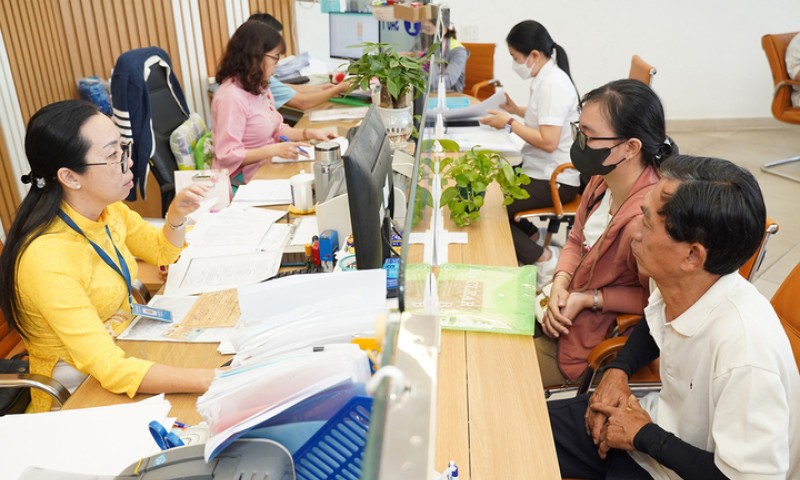

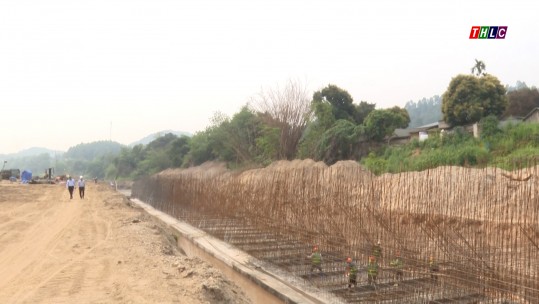




























































Comment (0)